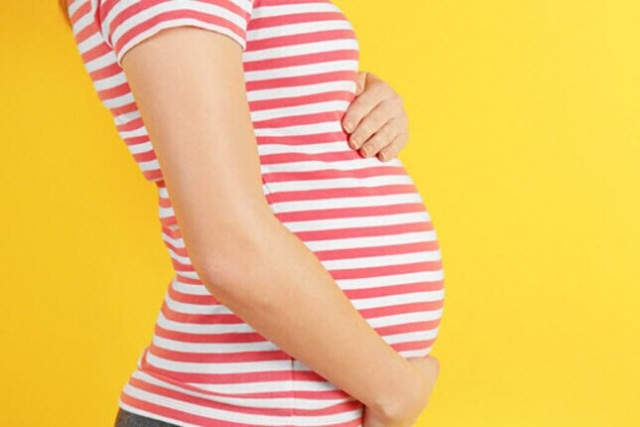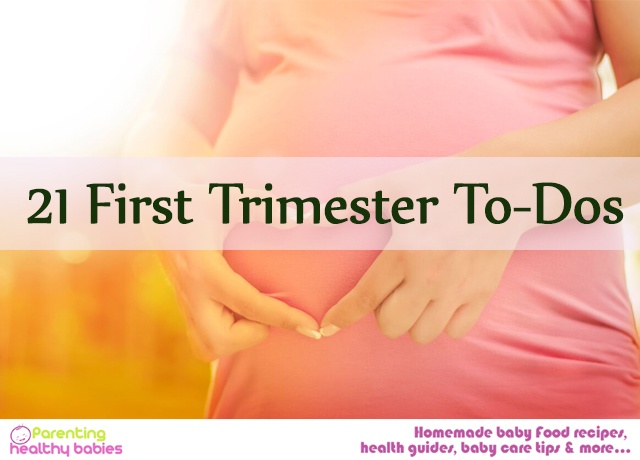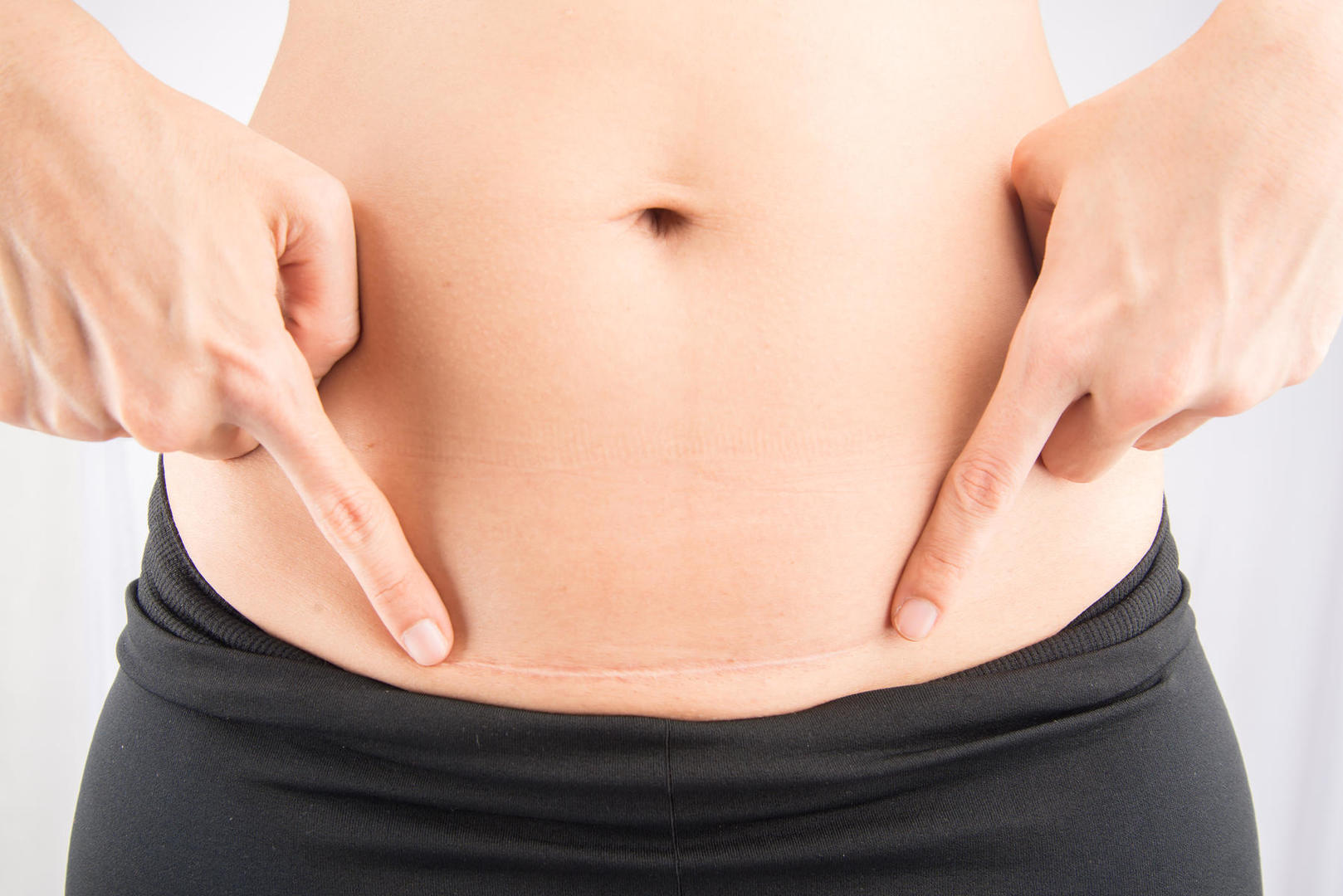If you are a pregnant woman, feeling your baby move for the first time could be one of the most special moments of your pregnancy journey. If this is your first pregnancy, you might be wondering when you’ll start to experience those first baby flutters, which are technically called quickening. In this article, we will discuss everything related to quickening during pregnancy; when you’ll start to feel more pronounced fetal movements like kicks; and whether you need to track your baby’s movements. Read on to find out all this and more.
In this article:
What Does Baby Quickening Feel Like?
Why Does My Baby Move?
How Often Should My Baby Move?
What Should I Do if Don’t Feel My Baby Moving?
How Long Does Quickening Last?
Can You Feel Quickening at 12 Weeks?
All You Need to Know about Quickening During Pregnancy
What Does Baby Quickening Feel Like?
Quickening can feel like butterflies fluttering in your stomach, or even like a growling tummy. If you’ve been pregnant before, you might be familiar with the fluttery feeling and so you might be aware of quickening a little earlier, perhaps closer to 16 weeks of pregnancy. If this is your first pregnancy, you may not know what sensations to look out for, and you might not realize that you’re experiencing quickening until a little later, perhaps not until around 18 weeks or even several weeks later. This is just one example of how a second pregnancy can feel potentially different from your first pregnancy.
Why Does My Baby Move?
As your pregnancy progresses, your baby will continue to develop. As a result of this, they will stretch and flex their limbs. As you get further along in your pregnancy and the more time passes by, you will begin to feel more obvious movements, such as kicking, punching, and rolling. Your baby may also move as they respond to noise or to your emotions. If your baby finds a position you are in to be uncomfortable, they may also begin to squirm. Certain foods you eat can also cause your baby to be more active, and you may notice they follow a definite daily activities cycle.
How Often Should My Baby Move?
As you progress further in your pregnancy, you will be under the compulsion to keep track of how often your baby moves every single day. Sometime in the third trimester, you might notice your baby’s movements are more frequent and vigorous and tend to occur in a regular pattern. However, although these movements are still regular, they have a tendency to change towards the end of the third trimester because the baby is getting bigger and more restricted in the uterus. Talk with your doctor in case you notice a decrease in your baby’s movements. Beginning with week 28 of your pregnancy, it is important to begin counting your baby’s movements. This will help you to identify any potential problems and can also be a great bonding experience between you and your child. Using a kick count chart can be very helpful in this scenario. When you start counting your baby’s movements, always choose the same time each day. It may be easiest to lie on your left side and record how long it takes to feel 10 movements.
What Should I Do if Don’t Feel My Baby Moving?
Not all women tend to experience quickening around 17 weeks of pregnancy and this doesn’t signal health problems. What the mother feels is not always in sync with what’s going on inside the womb. Tell your doctor or midwife in case you haven’t detected quickening by 18-20 weeks, though. Your doctor will then run tests to ensure everything is alright. Guidelines also exist for counting fetal movement after 28 weeks. In a normal situation, you’ll want to detect 10 movements within 2 hours. Counting kicks has been known to prevent stillbirth. It also helps assure a mother of her baby’s well-being. If you notice a decrease in your baby’s kick count, consult a doctor to rule out any issues with the pregnancy.
How Long Does Quickening Last?
When it comes to the time period of quickening, there is a broad range of when the first detection of movement can be felt. This time period can range from 13-25 weeks.
Can You Feel Quickening at 12 Weeks?
Yes, you can! From the first few days and weeks of pregnancy, when your baby is expanding the cluster of cells, through the end of the third month, when your baby’s vocal cords are starting to form, the first trimester is a time of fast development. But you should not expect to feel any fetal movement just. Your baby is too tiny and buried deep within your womb to make any kind of movement. They can move in all kinds of ways and you might not notice. However, from the second trimester onwards, things start to change and you will start feeling things.
To conclude, quickening during pregnancy is a natural thing and nothing to be scared of. Rather, it is a moment of celebration, as you feel your baby coming in being.
References
https://www.ncbi.nlm.nih.gov/books/nbk470566/













